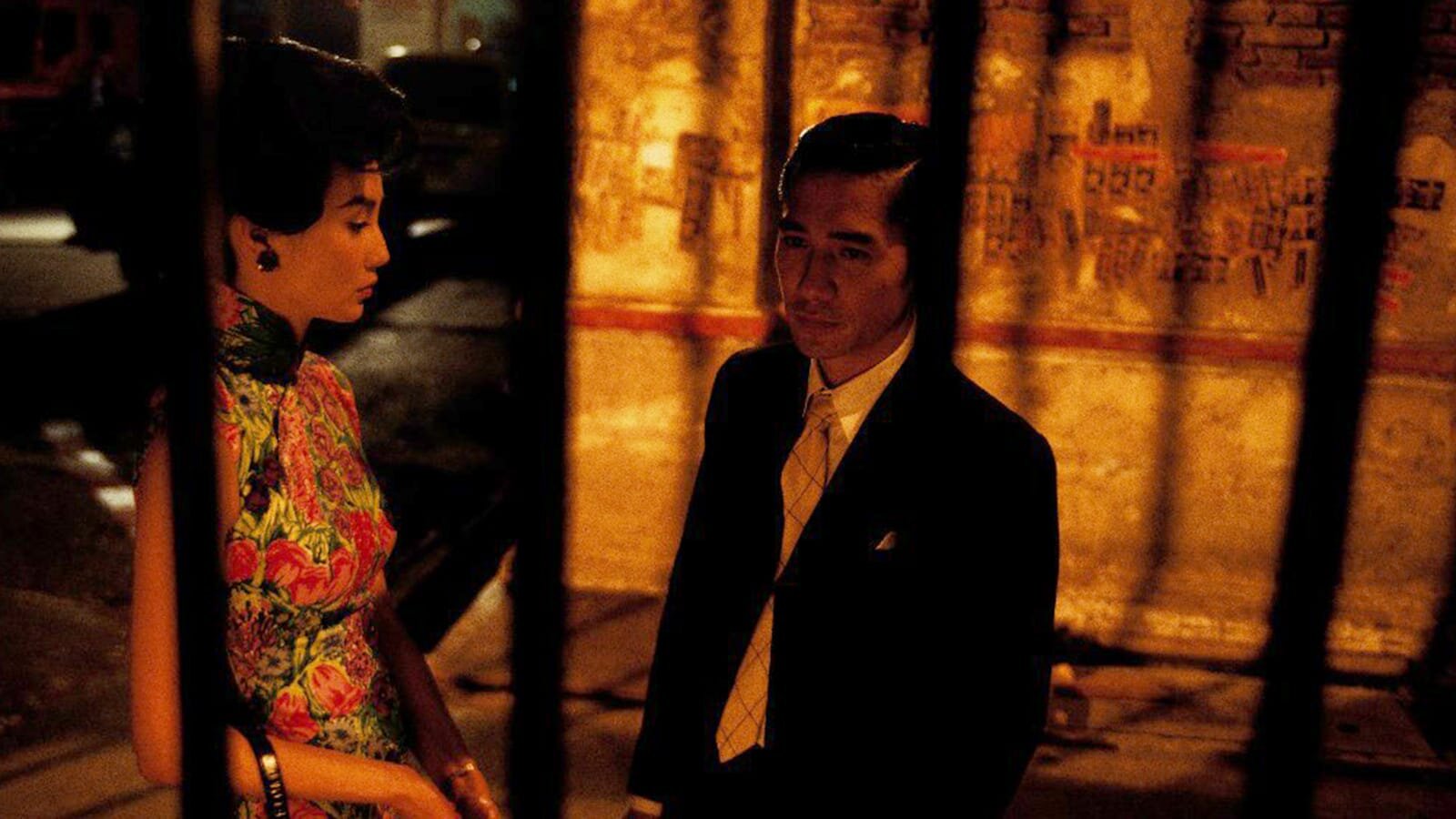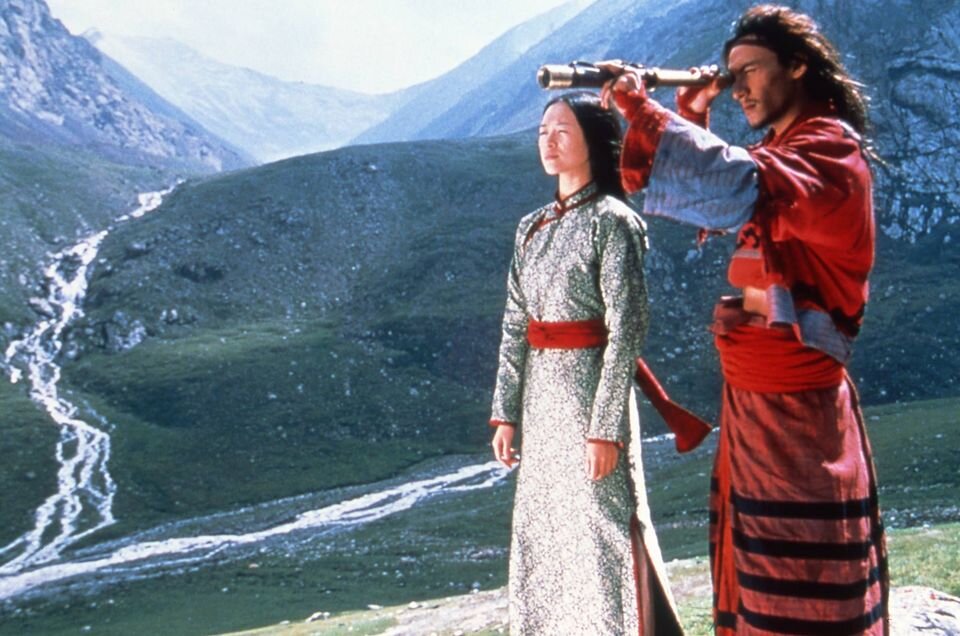Two thousand was quite a wonder year for Asian cinema. It was the time when two of the most internationally-known films by two notable directors from Asia were released.
Stills from In the Mood for Love (L) and Crouching Tiger, Hidden Dragon (R)
At the 2000 Cannes Film Festival, Hong Kong director Wong Kar-wai unveiled his then-new film, In the Mood for Love. Although he was already famous for his previous works such as Days of Being Wild (1990) and Chungking Express (1994), it was this film that made the greatest impact not only on Wong's career as an auteur, but also on the Asian cinema.
Set in Hong Kong, In the Mood for Love centers around its two main characters, played by Tony Leung and Maggie Cheung. Both have recently moved from Shanghai and become neighbors at their new apartment complex. Upon realizing that their spouses are having an affair with each other, the two get closer and eventually fall in love.
The film went on to win the Technical Grand Prize and Best Actor award for Leung at Cannes, and has since been considered one of the best movies of all time by various publications and institutions.
At the same Cannes that year, another Asian film made its premiere: Crouching Tiger, Hidden Dragon. In a way, it was the total opposite of In the Mood for Love, whose parts of the plotlines borrowed heavily from Wong's real-life experience. Many Hong Kongers would relate easily to the main characters who, like Wong, relocated to Hong Kong from Shanghai; moreover, the film also touched upon the subject of the 1967 riots.
Tony Leung and Maggie Cheung in In the Mood for Love
Meanwhile, despite directed by Taiwanese filmmaker, Ang Lee, and starring international actors of Chinese ethnicity, Crouching Tiger seemed to be catered to the Western market. AV Club noted how the audience in Asia, most particularly in China and Hong Kong, who were already used to wuxia (a genre concerning the adventures of martial artists in ancient China) films, found nothing groundbreaking in Crouching Tiger. Additionally, they were quite bothered by the main actors' different accents. But this, of course, didn't trouble the Western audience who relied on subtitles. While seeing the characters defying gravity and flying through the air made them laugh at first, soon they were fascinated by the story, stunning cinematography and delicate fight scenes that were nothing like the action scenes in Hollywood movies back then.
Different they might be, both In the Mood for Love and Crouching Tiger were equally game changers that heralded the arrival of Asian cinema in the Western theaters, becoming eye-openers for the audience and industry players alike. To this day, In the Mood for Love's influences can be seen in critically-acclaimed films, one of the latest ones being Barry Jenkins' If Beale Street Could Talk (2018). Its 20-year anniversary will also be commemorated with a screening of the newly restorated 4K digital version this coming December. And if Crouching Tiger never existed, perhaps the Western viewers would never have been captivated by the highly popular wuxia TV series, The Untamed (2019), much less contributed to its cult success.
On September 12, Chinese filmmaker Chloé Zhao took home the Golden Lion trophy at the Venice Film Festival, becoming the fifth woman ever to win the top prize. Earlier in the year, the whole world watched as Parasite dominated the Oscars. Twenty years after In the Mood for Love and Crouching Tiger came out, Asian storytellers have continued to make their mark on history. One can't help wondering what the conversation will be like 20 years later. We, for one, are hopeful.
Images c/o Criterion Collection, Facebook














